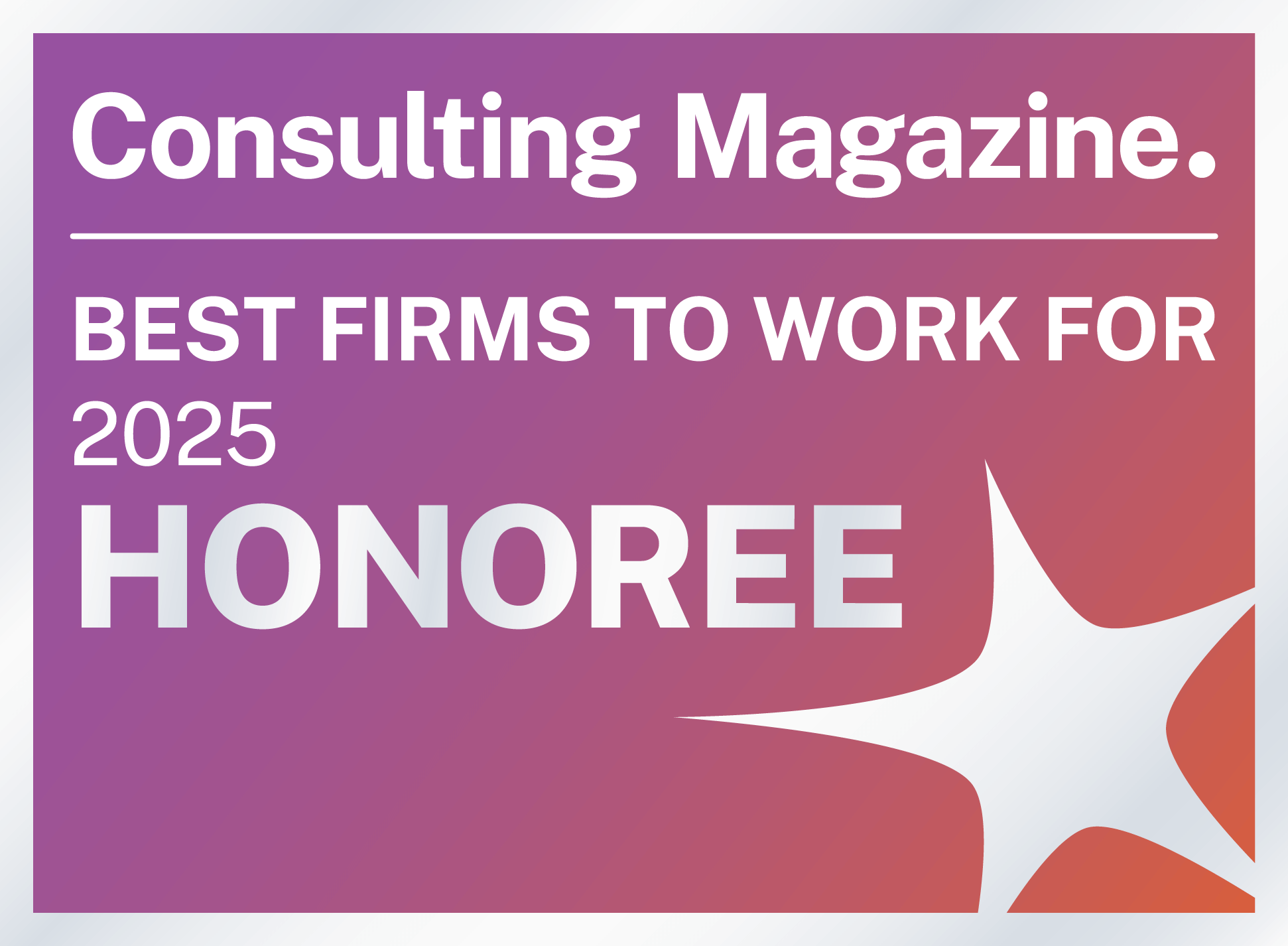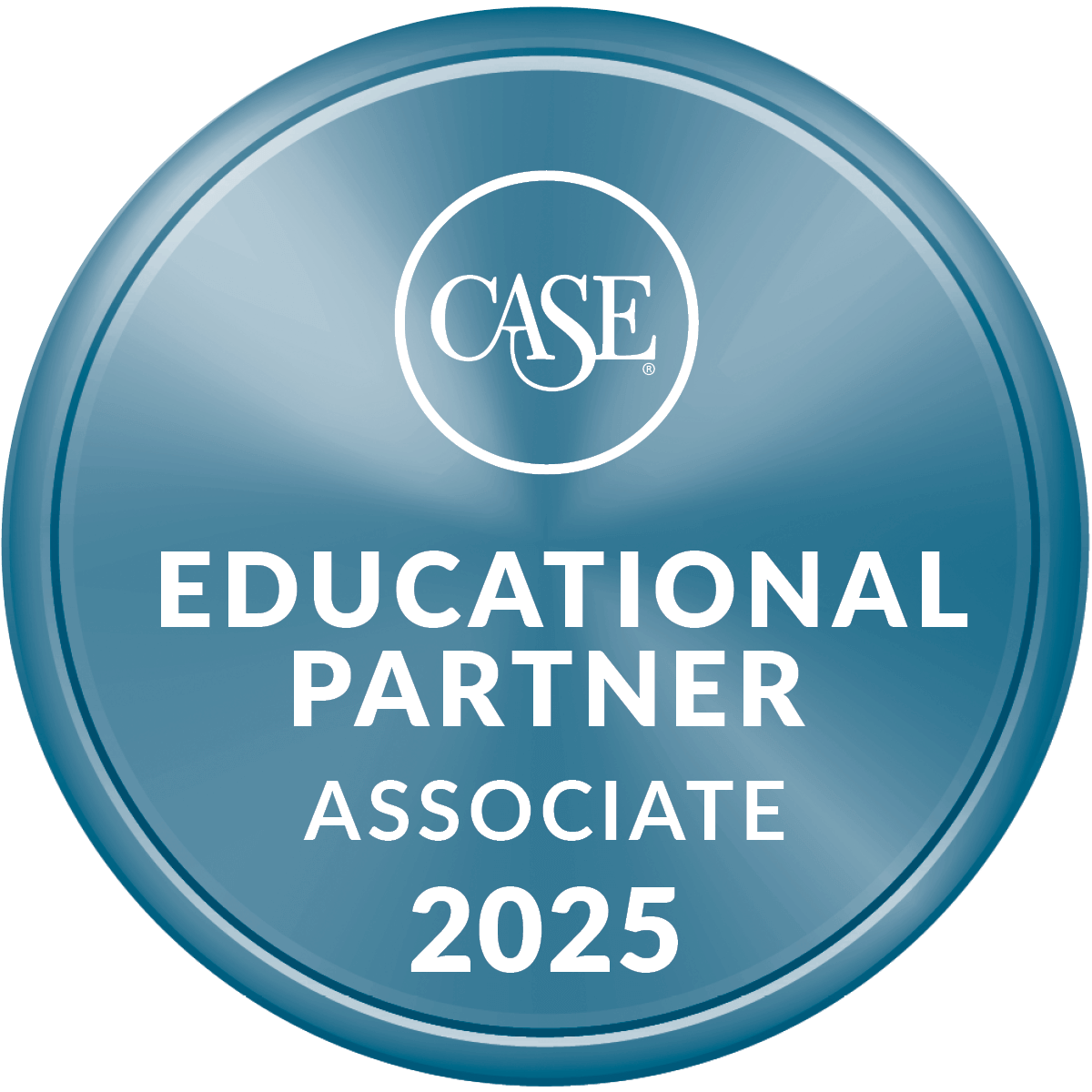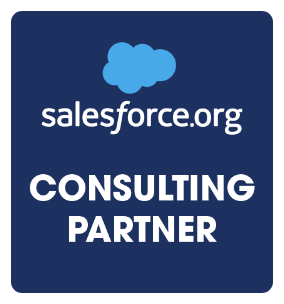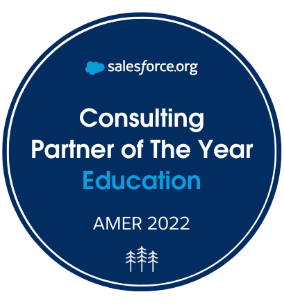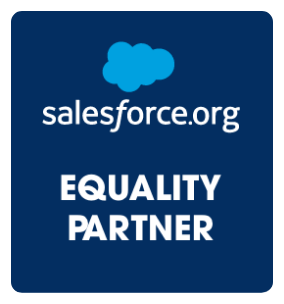
Attain Partners recently attended the Future of Research Integrity Conference at the University of South Alabama. Set amongst a backdrop of large, Spanish-moss-draped oaks and blooming hydrangeas, individuals from all over the country joined to discuss emerging and continued topics ranging from the ethics of research using artificial intelligence to publishing integrity and institutional research infrastructure.
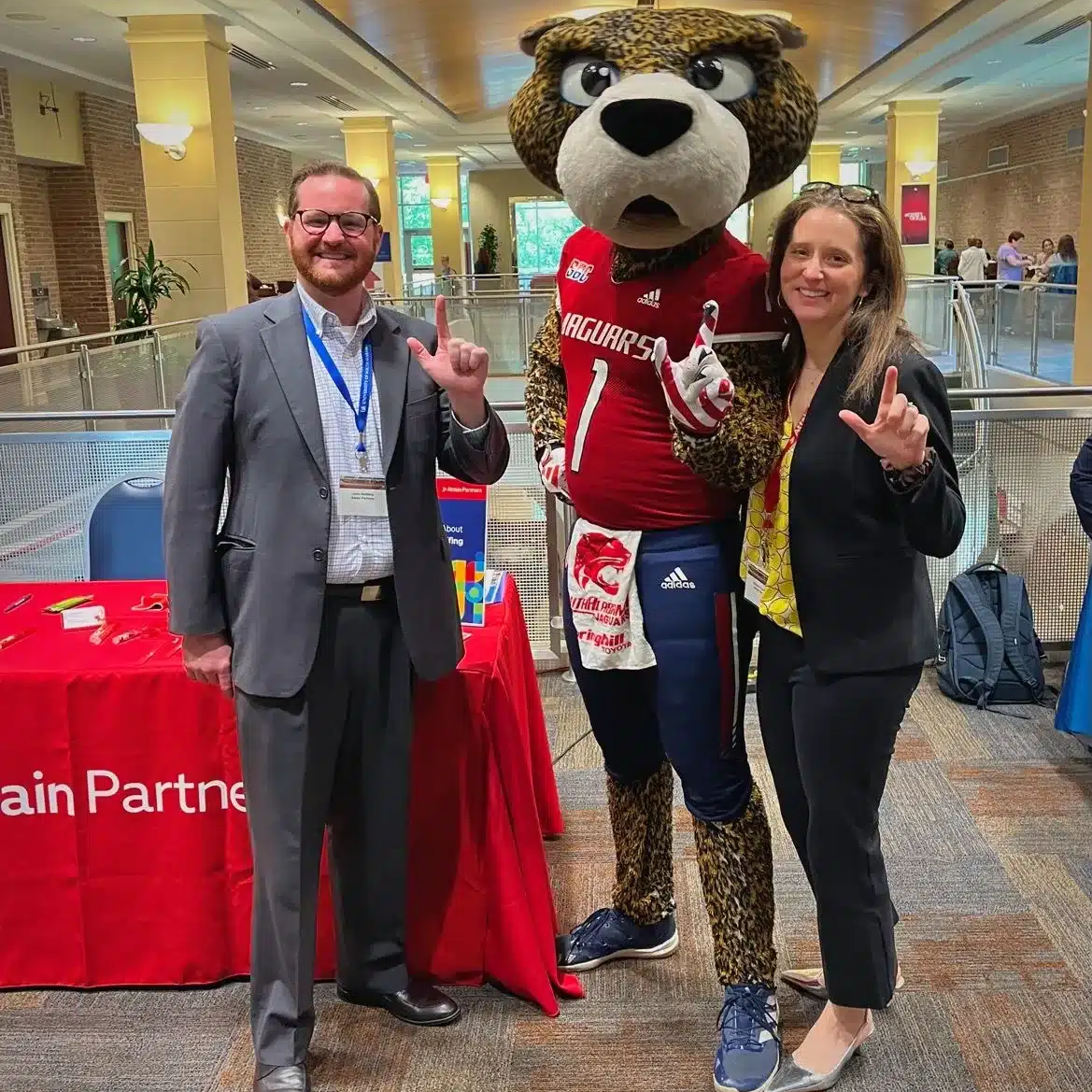
Pictured: John Hedberg, Shacey Temperly
It’s no surprise that compliance has become a central focus for many institutions. Federal research funding has not decreased since 2016, global competition has fueled foreign influence, and the emergence of artificial intelligence has started the beginning of a new chapter in research. Attain Partners’ presence at this event highlights our ongoing commitment to tackling these challenges emerging across the research landscape, positioning us at the forefront of developing solutions to these critical issues.
Navigating AI in Research
Finding solutions has become somewhat easier with more and more users turning to artificial intelligence (AI). Recently, higher education institutions have been challenged by the student population turning to AI to complete assignments, but what happens when AI and research begin to mix?
Dr. Mohammad Hosseini of Northwestern University led a session on “Ethical Implication of Using AI in Research,” tapping into the topic. While noting that AI can be a useful tool for things like idea development, there was also expressed caution when using the software for data requests or training the software for research purposes.
The concept of artificial intelligence is not innovational and often something associated with research, but there seems to be a new level of institutional risk associated with the rapid rise in use and technological advancement of artificial intelligence. Last October, the Biden Administration issued the Executive Order on the Safe, Secure, and Trustworthy Development and Use of Artificial Intelligence tasking National Institute of Standards and Technology (NIST) with developing standards and principles surrounding AI that will inevitably impact the research landscape.
The Impact of Regulatory Changes
Since 1991, there have been more than 90 impacts to research administration through regulatory changes within the field of research administration, as well as numerous interpretations of those regulations. The sessions presented by John Thomas, Jr.’s, Attorney, Hafemann, Magee & Thomas, made it abundantly clear that these regulations have direct—and potentially severe—consequences for not only the individuals involved with the research, but the institution as well. We all see the exciting new articles citing research misconduct allegations or fines levied against institutions, but to hear the story of someone involved is a different matter.
One of the biggest takeaways was the promotion of institutional risk management at the individual level. From the Principal Investigator who has direct involvement to the IT personnel involved with compliance infrastructure, we all have a role in upholding the laws and regulations that dictate research.
Promoting Channels for Research Misconduct
An additional exit thought was highlighting the need to have the appropriate institutional channels to report issues of non-compliance. Have you put yourself in the shoes of a first-year graduate student conducting research in a prominent lab? It can be an intimidating environment, especially in larger research infrastructures. Ensuring everyone has an avenue to report research misconduct should be a priority for all institutions.
Attain Partners – Research Administration Experts
If your institution is struggling with developing policies around research integrity or is looking ahead to NSPM-33 implementation, Attain Partners can help. Our firm is focused on strategy, technology, and compliance and understands the principles of research integrity and the importance of robust misconduct identification processes. Our assessments identify gaps in existing policies and procedures, offer meaningful recommendations for improvement, and ensure your resulting practices align with best practices and relevant regulations.
Contact us today to learn how our experts can help.
About the Author

Mr. John Hedberg is a Senior Associate with the Research Services based out of Mobile, AL. Through his research administration career, he has handled pre-award, pre-award non-financial, and post award responsibilities. Prior to joining Attain Partners, Mr. Hedberg worked as the Contracts and Grants Mangers for the Dauphin Island Sea Lab, a marine and environmental state research consortium, where he managed all the sponsored research activity. Before his work with the Sea Lab, he worked at Auburn University and the University of South Alabama. At Auburn, Mr. Hedberg focused on proposal preparation and working with departments to initiate the post-award process as well as solve post-award issues. While at the University of South Alabama, he worked in the Dean’s office handling college research operations and finances. Mr. Hedberg also serves as a volunteer for the Society of Research Administrators International (SRAI) on the Development and Finance Committee.

Be the First to Know
Subscribe to our monthly Pulse newsletter
to be the first to hear about new blog posts






